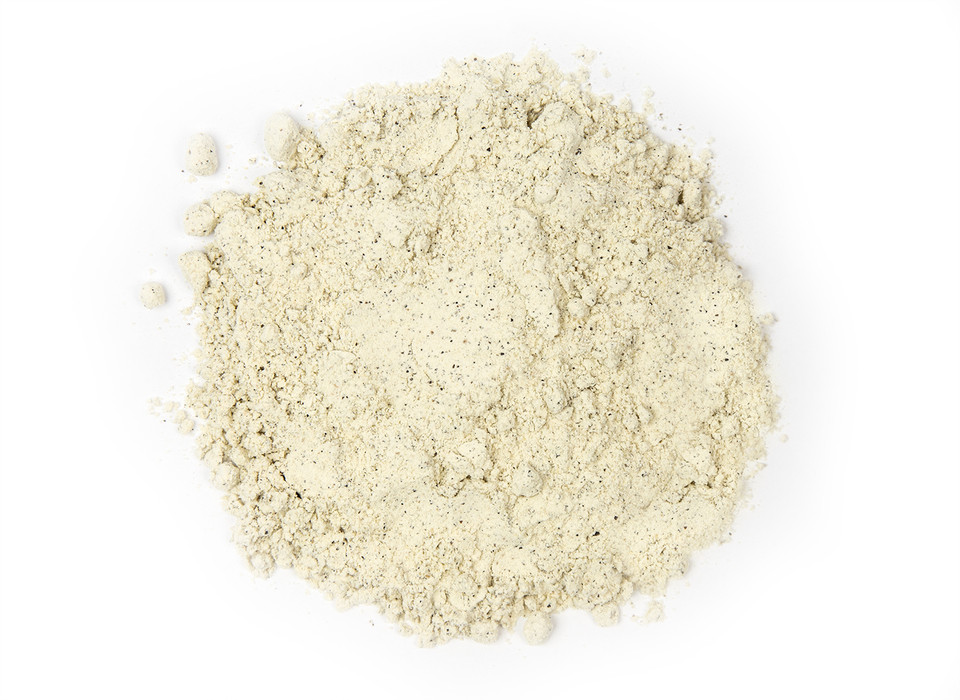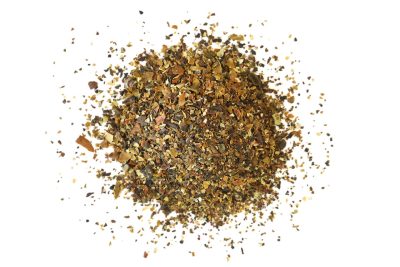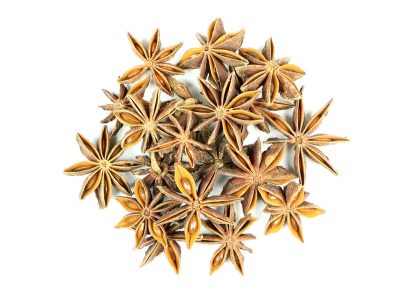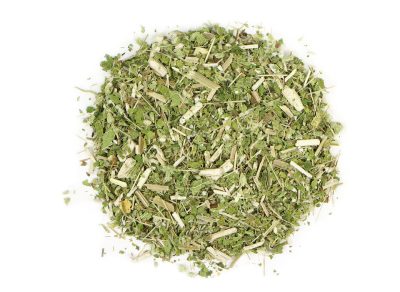While we work to ensure that product information is correct, on occasion manufacturers may alter their ingredient lists. Actual product packaging and materials may contain more and/or different information than that shown on our Web site. We recommend that you do not solely rely on the information presented and that you always read labels, warnings, and directions before using or consuming a product. For additional information about a product, please contact the manufacturer. Content on this site is for reference purposes and is not intended to substitute for advice given by a physician, pharmacist, or other licensed health-care professional. You should not use this information as self-diagnosis or for treating a health problem or disease. Contact your health-care provider immediately if you suspect that you have a medical problem. Information and statements regarding dietary supplements have not been evaluated by the Food and Drug Administration and are not intended to diagnose, treat, cure, or prevent any disease or health condition. PhysioFormulas, LLC DBA Your Healing Store assumes no liability for inaccuracies or misstatements about products.
Mucuna Powder
$7.75
In stock
Description
Mucuna is a leguminous plant producing long, fuzzy seed pods. Also referred to as velvet bean, the seed pod causes extreme itchiness when touched. Mucuna has been employed in traditional healing practices for millennia for its various beneficial qualities and is one of the most popular healthful herbs in India. The fruit has additional traditional uses including as a coffee substitute and food source.
Native to Africa and parts of Asia, Mucuna pruriens is now naturalized in tropical climates worldwide. This annual, climbing shrub is a member of the Fabaceae family. Mucuna is covered in fuzzy hairs when young which it sheds as it ages. The leguminous plant has panicles of purple to white flowers that ripen into fuzzy seed pods reaching up to four inches long and each one carrying up to seven shiny, flattened seeds. Besides its use as a food,
beverage, and healthful herb, mucuna has a history of use as a cover crop to fix nitrogen into the soil.
Considered energetically warming in nature, mucuna seeds have a long history of use in Ayurveda and traditional Unani healing practices. Referred to as kapikacchu in Ayurveda, mucuna was employed for thousands of years as a tridoshic herb. Both sweet and bitter, kapikacchu was traditionally seen in Ayurveda as a building herb with an affinity for the nervous system, brain, and reproductive system. In Traditional Chinese Medicine, mucuna was viewed as a deeply nourishing herb and was often employed as an adaptogen to enhance overall wellbeing. Mucuna beans contain a high natural content of L-dopa (levodopa) which is a precursor of the neurotransmitter dopamine, which helps to regulate mood.
Traditional Ayurvedic preparations of mucuna bean including mixing the powder with ghee or milk and honey. Mucuna is typically blended into polyherbal formulations. Today, mucuna powder is often employed in liquid extracts, capsules, or tablets. The powder can even be added to smoothies for a healthful kick.





